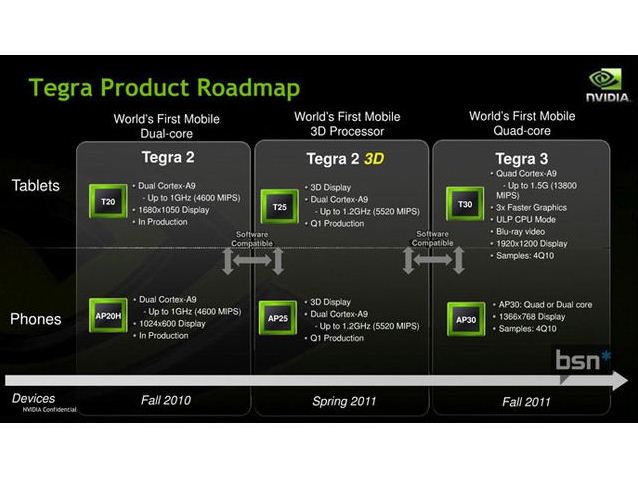Quad-core tablet gaming: new Nvidia Kal-El demo
Real-time lighting possibilities set to wow at Computex

Nvidia is set to wow the crowds at Computex 2011 this week, with the latest demos of its new mobile quad-core 'Kal-El' chip showing off the real-time dynamic lighting possibilities the tech will open up to mobile games and app developers.
Kal-El (named after the young Superman) is the next-gen Tegra processor from Nvidia, which brings together four CPU cores with 12 GPU cores.
Nvidia first previewed the quad-core Tegra 3 tech back at Mobile World Congress in February earlier this year.
Kal-El powered mobile gaming
The first demo from Nvidia is a game called Glowball, shown running on a Kal-El powered Android Honeycomb tablet.
The game concept itself is fairly basic and generic – use the tablet's accelerometer to guide a glowing ball around an on-screen zone to hit trigger points and progress to the next level. But it's the graphical prowess of the demo that really impresses.
After you have seen the lighting effects shown off in this Kal-El demo, then you may well begin to reconsider your desire to buy a Tegra 2 Android Honeycomb tablet over the next six month, and hang fire until you can get hold of a Kal-El powered tablet at a slightly later date.
Sign up for breaking news, reviews, opinion, top tech deals, and more.
The Nvidia demo also allows the user to shut off two of the CPU cores, which immediately shows the user the difference in graphical power and capability of Kal-El when compared with current Tegra 2 tech.
Kal-El will also allow support for 1440p video playback on tablets, which is considerably higher than most current HDTVs in our homes.
Expect to see the first batch of Kal-El tablets later in 2011, with further news expected from Nvidia at Computex throughtout the forthcoming week.
We also look forward to hearing more about games developers' initial thoughts and plans for mobile gaming making use of the speed-improvements that are on the way due to Kal-El.
Via Nvidia
